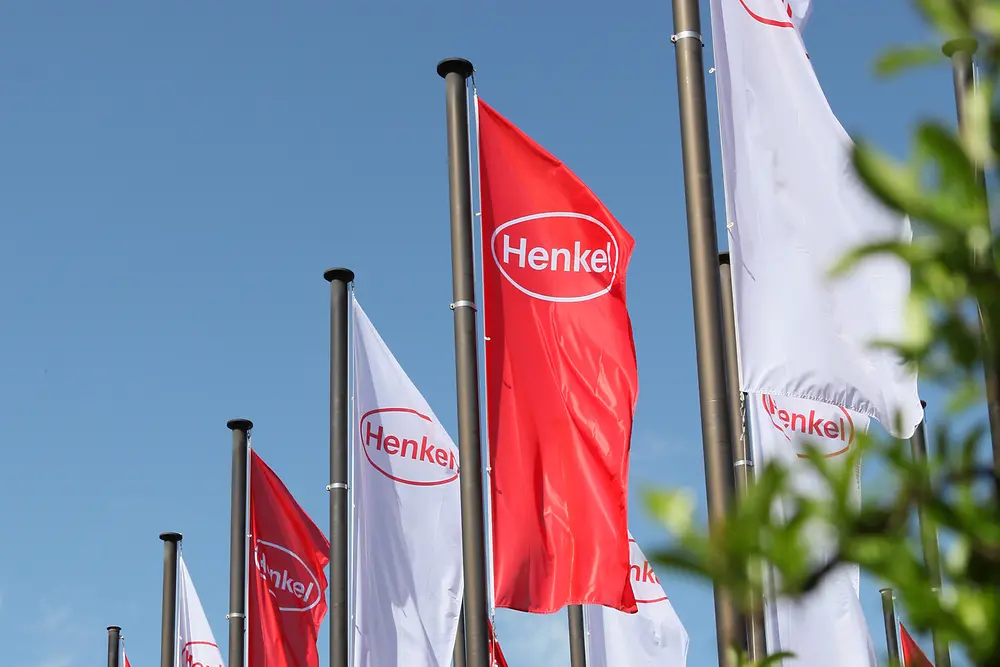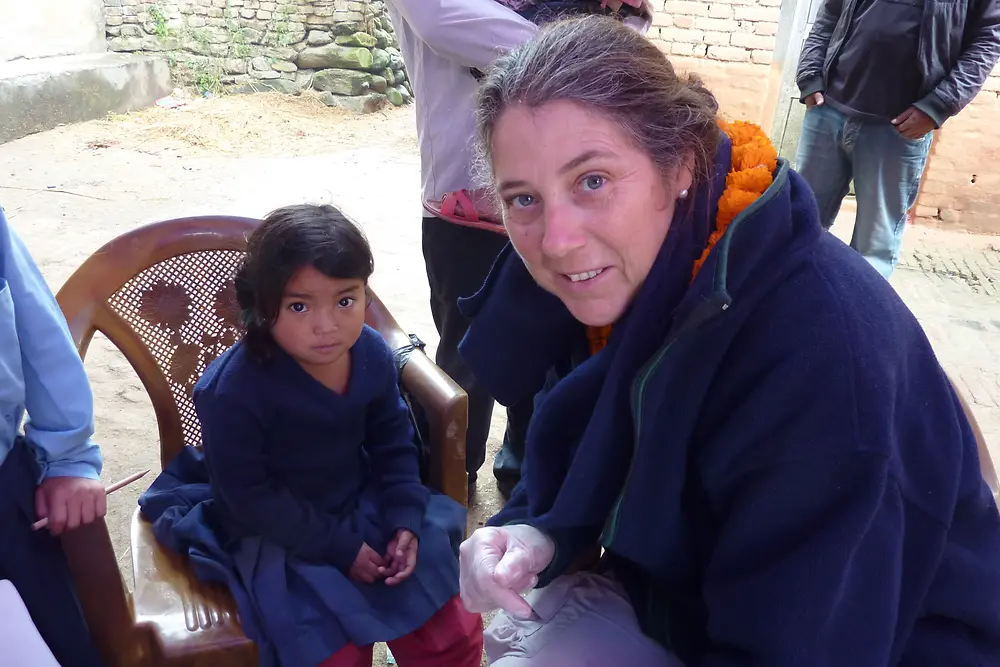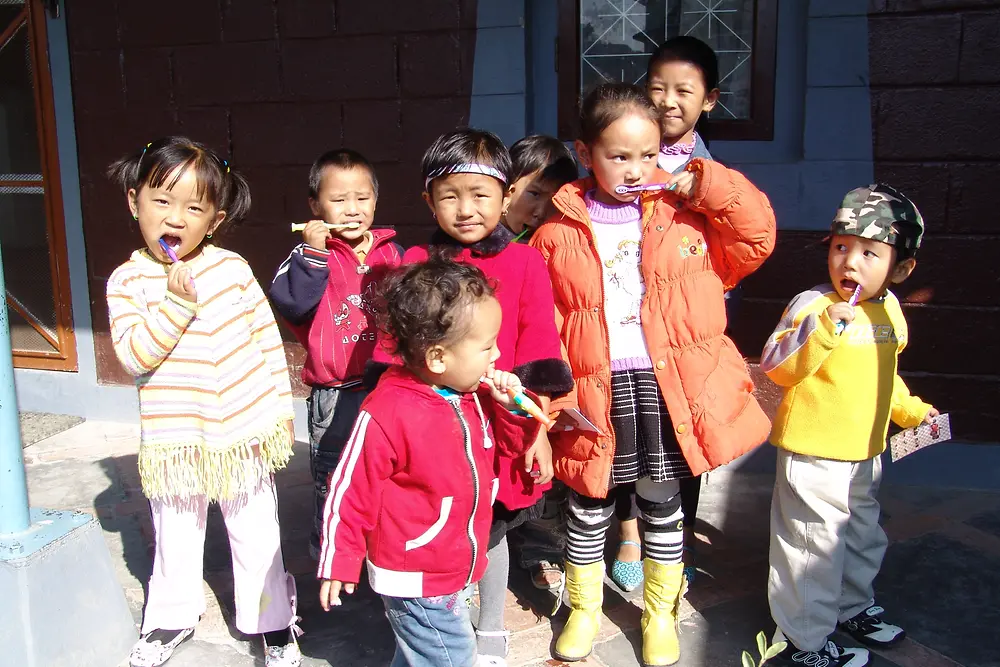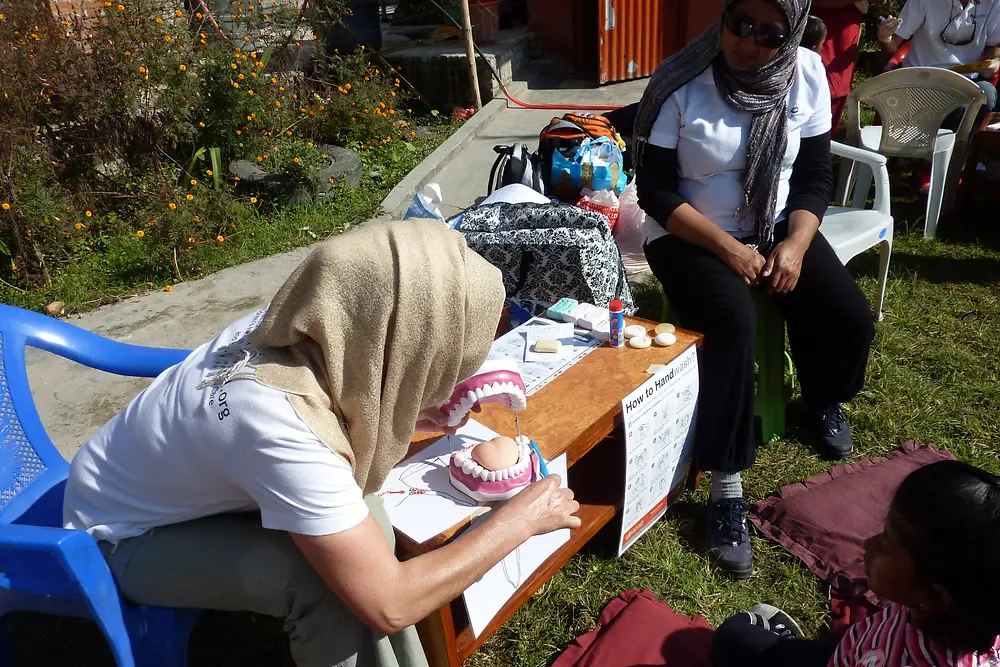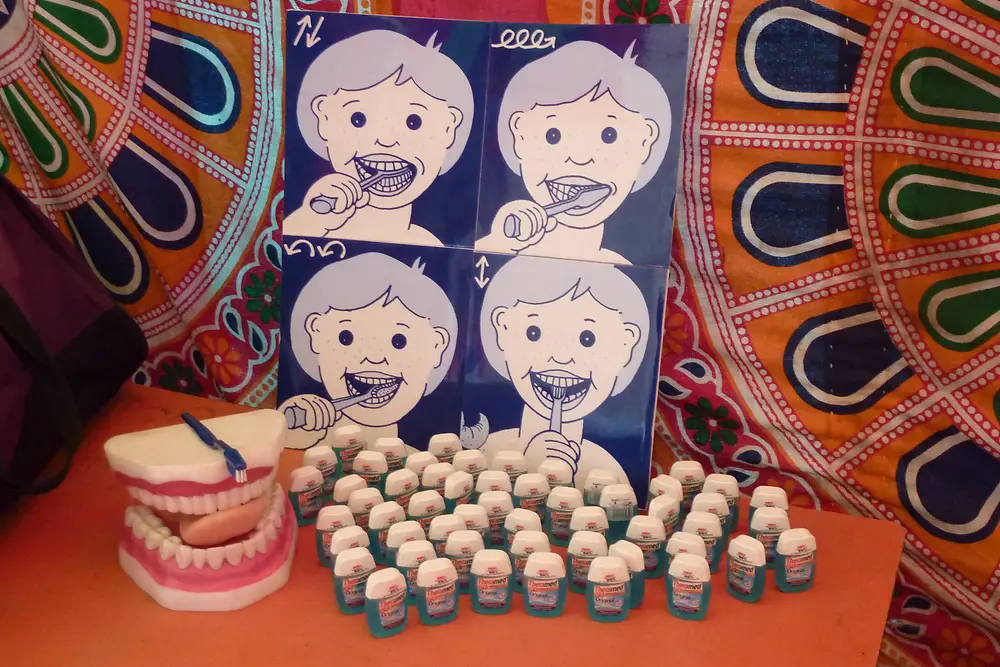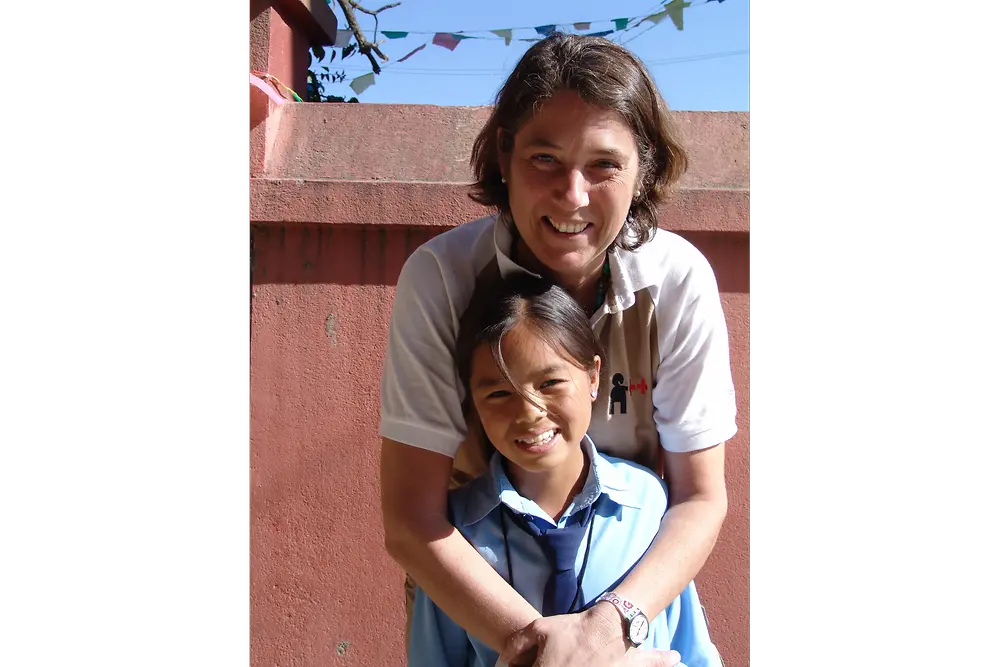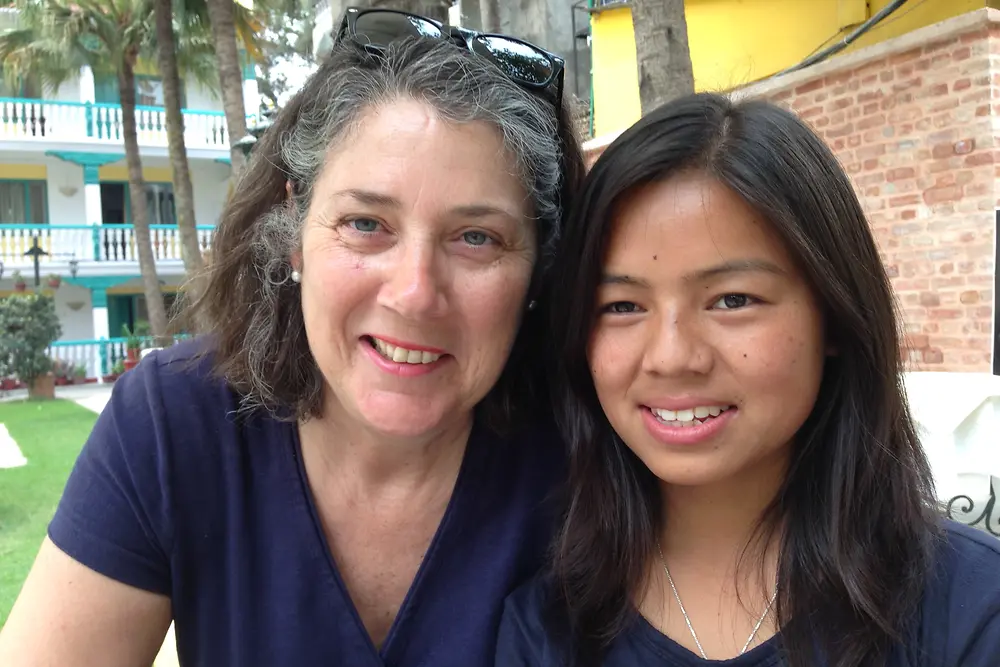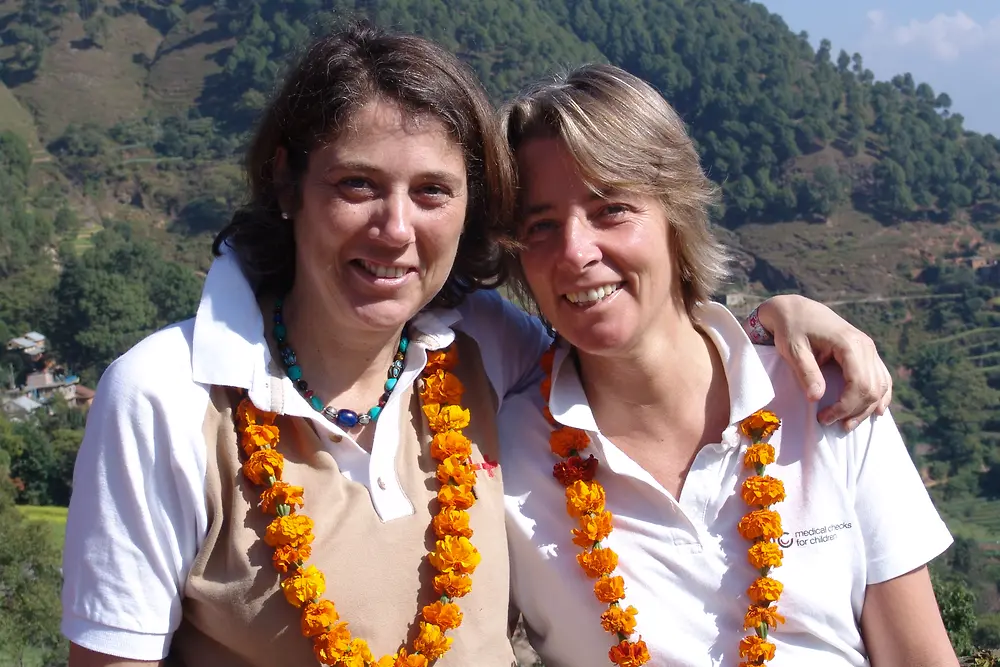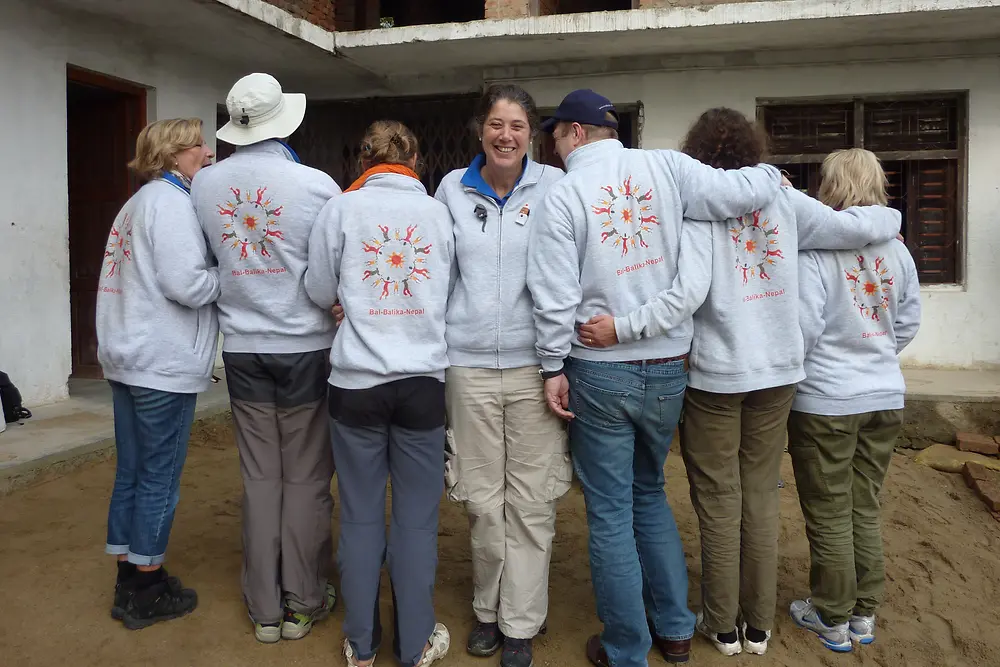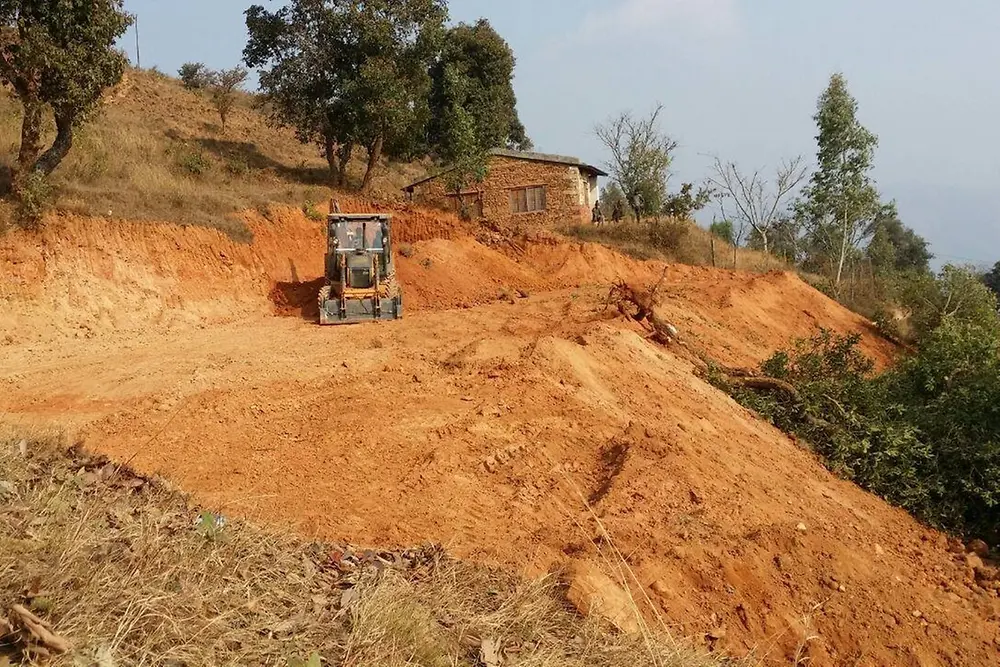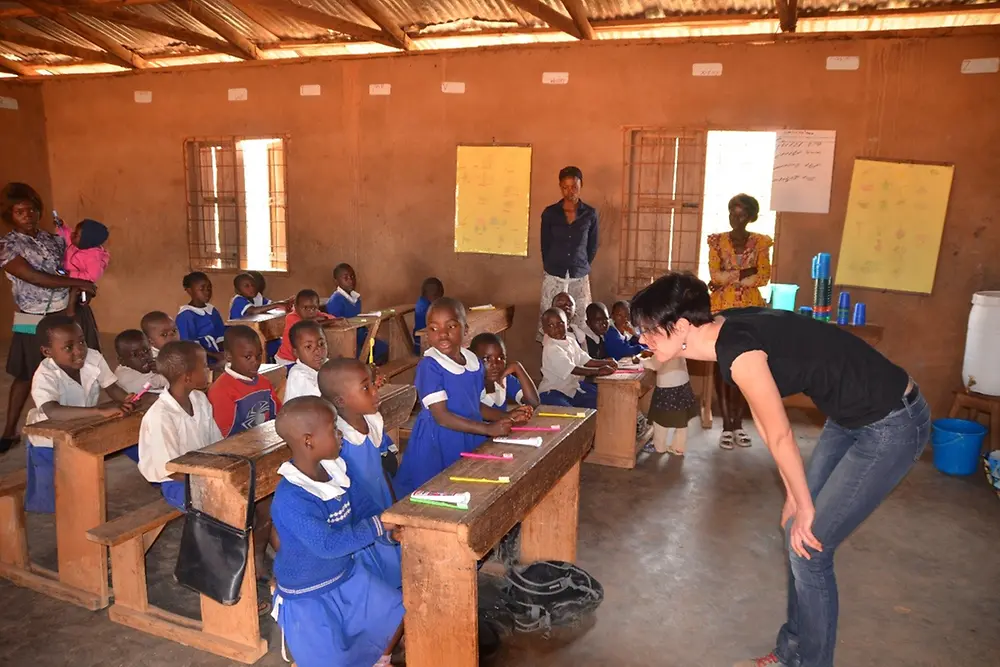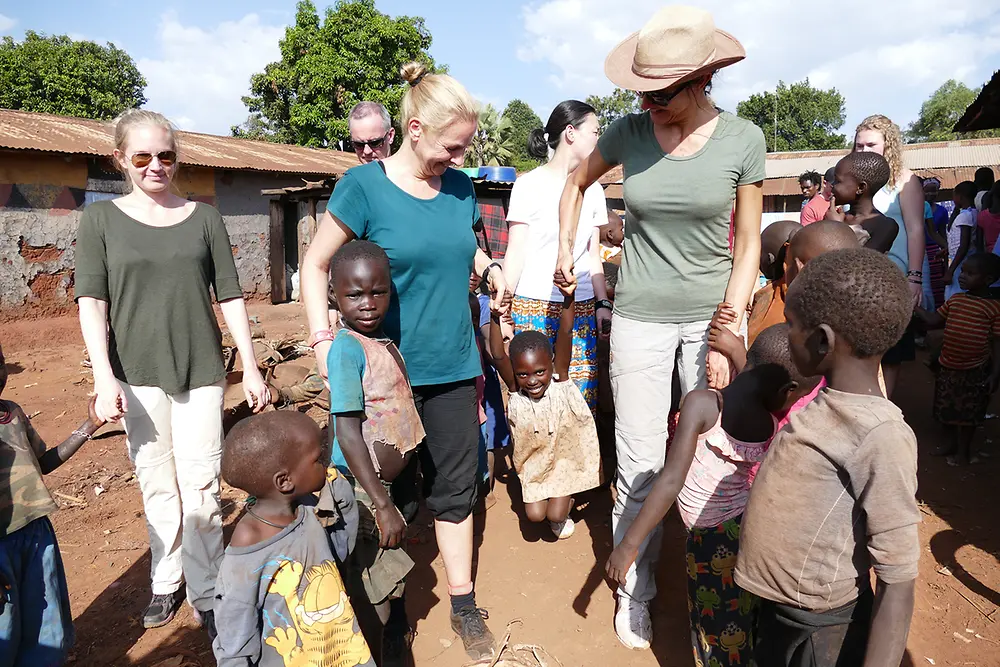“The extreme poverty I saw there deeply affected me.”
Susanne Volkmann on the state of the country when she visited Nepal for the first time
Volkmann had travelled to the country for the first time as a tourist, eight years earlier. People lived in villages with scarce electricity, unclean water and poor hygiene conditions. The women there worked very hard, mainly in the fields. “Something needs to change,” she thought to herself at the time – and then set about making it happen.
From that point forward, Volkmann and her friend the Dutch paediatrician Ines von Rosenstiel, visited the country every year. Over time, they garnered more and more support: A team of up to 25 doctors and helpers from Germany, the Netherlands and England now work together on each trip to examine and treat the children. Where necessary, they administer vaccines and bring children with serious illnesses to be admitted at the children’s hospital. They have already been able to help over 10,000 children, from newborns to teenagers. “We also bring specialists along on every trip,” says Volkmann. Paediatricians, paediatric surgeons, orthopedists, ophthalmologists and even dentists have joined the team. “One young patient had to have 11 teeth extracted, otherwise the cavity would have spread to the rest of the body and led to serious illnesses that can be deadly to a child,” she reports. To prevent this, the team organizes hygiene lessons during which teachers, parents and children are taught how to wash their hands and care for their teeth properly. Household hygiene is also an important issue. The training is done in English, which is no problem for the Nepalese, because that is the country’s official teaching language. One of the helpers even learned Nepalese in a very short time, Volkmann remembers: “It was incredible!”





